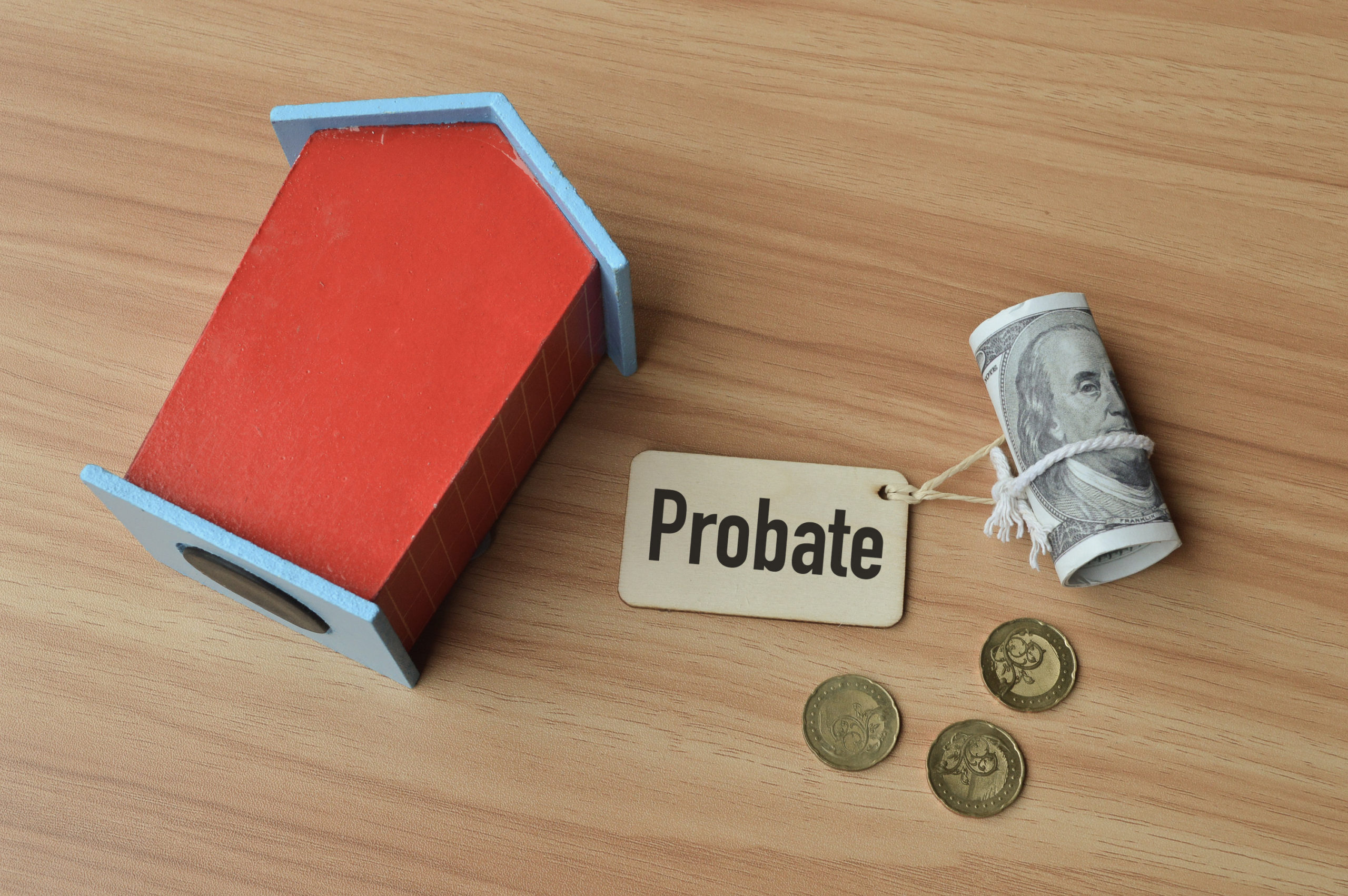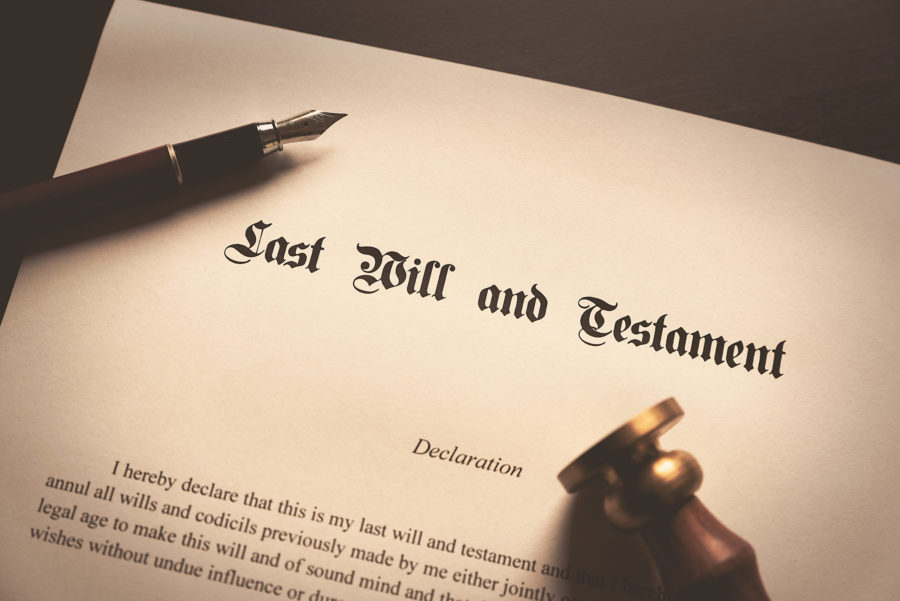
What Are Probate and Non-Probate Assets?

It’s crucial to understand the difference between probate and non-probate assets while drafting an estate plan. If you know how each works, you can make informed decisions about distributing them among your beneficiaries.
Understanding the difference also ensures your assets remain protected, so your beneficiaries receive the right benefits without encountering obstacles or disputes within the family.
How Probate Assets Work
Probate assets are assets a person holds solely in their name without designating a beneficiary. The terms of a will determine how to distribute the assets following the person’s death. If there isn’t a will, the distribution could depend on the elements of intestate succession laws.
Common probate assets include:
- Bank accounts
- Real estate
- Motor vehicles
- Personal property, such as furniture and jewelry
- Life insurance policy without a named beneficiary or listing the estate as the beneficiary
The process of probate involves the court deciding if someone’s will is legally valid and enforceable. The executor of the estate carries out the task of reviewing the assets and distributing them correctly. They also settle any debts and estate taxes.
How Non-Probate Assets Work
Non-probate assets involve a designated beneficiary. A non-probate asset can also have survivorship rights held as joint tenants or become payable upon death.
If you have property held as joint tenancy with rights of survivorship, it will go to the surviving joint owner upon your death. Typically, rights of survivorship apply to real estate. However, it can also involve a bank account, motor vehicle, or similar asset if it includes a right of survivorship designation. Additionally, if you add your adult child responsible for your case to the account, they could receive what’s left in it when you pass away.
Common non-probate assets include:
- Bank accounts that include pay on-death or transfer on-death arrangement
- Property held by a revocable living trust
- Life insurance policy with a named beneficiary
- Retirement accounts with designated beneficiaries, such as 401(k)s, IRAs, and annuities
Your will does not control a probate asset and its distribution. Named beneficiaries can automatically receive the assets you specified without the need to go to probate court.
Turning Probate Assets into Non-Probate Assets
Non-probate assets are often more convenient than probate assets. That’s because surviving beneficiaries can avoid the time-consuming process of settling your estate in probate court.
Beneficiaries can also access your assets immediately. Additionally, your family could avoid an ugly courtroom battle if you outline each asset and where it should go, so there’s no confusion about which person receives what benefit.
It’s possible to turn your probate assets into non-probate assets before you die. This can also be beneficial under unforeseen circumstances, such as becoming incapacitated and being unable to make decisions for yourself.
Handling Estate Taxes
Typically, an estate includes probate and non-probate assets to calculate an estate tax. Even if you designated beneficiaries for your life insurance, retirement benefits, profit-sharing plans, and other assets, those could be considered in the estate tax owed upon your death.
You could structure your will to reduce or eliminate estate taxes if you choose how to distribute your assets correctly. An experienced attorney can assist you with this process and try to find a way to reduce your taxable estate.
Contact Us
If you’re creating an estate plan, contact the legal team from Gastonia-based Mullen Holland & Cooper P.A., serving North and South Carolina. We can help determine whether your assets should be probate or non-probate and try to mitigate the taxes on your estate after you pass away.
Estate planning can be a stressful and overwhelming process. However, with an experienced attorney on your side, you can draft all the necessary documents to protect your assets and family even after you’re gone.
Contact Mullen Holland & Cooper P.A. today for your initial confidential consultation.






